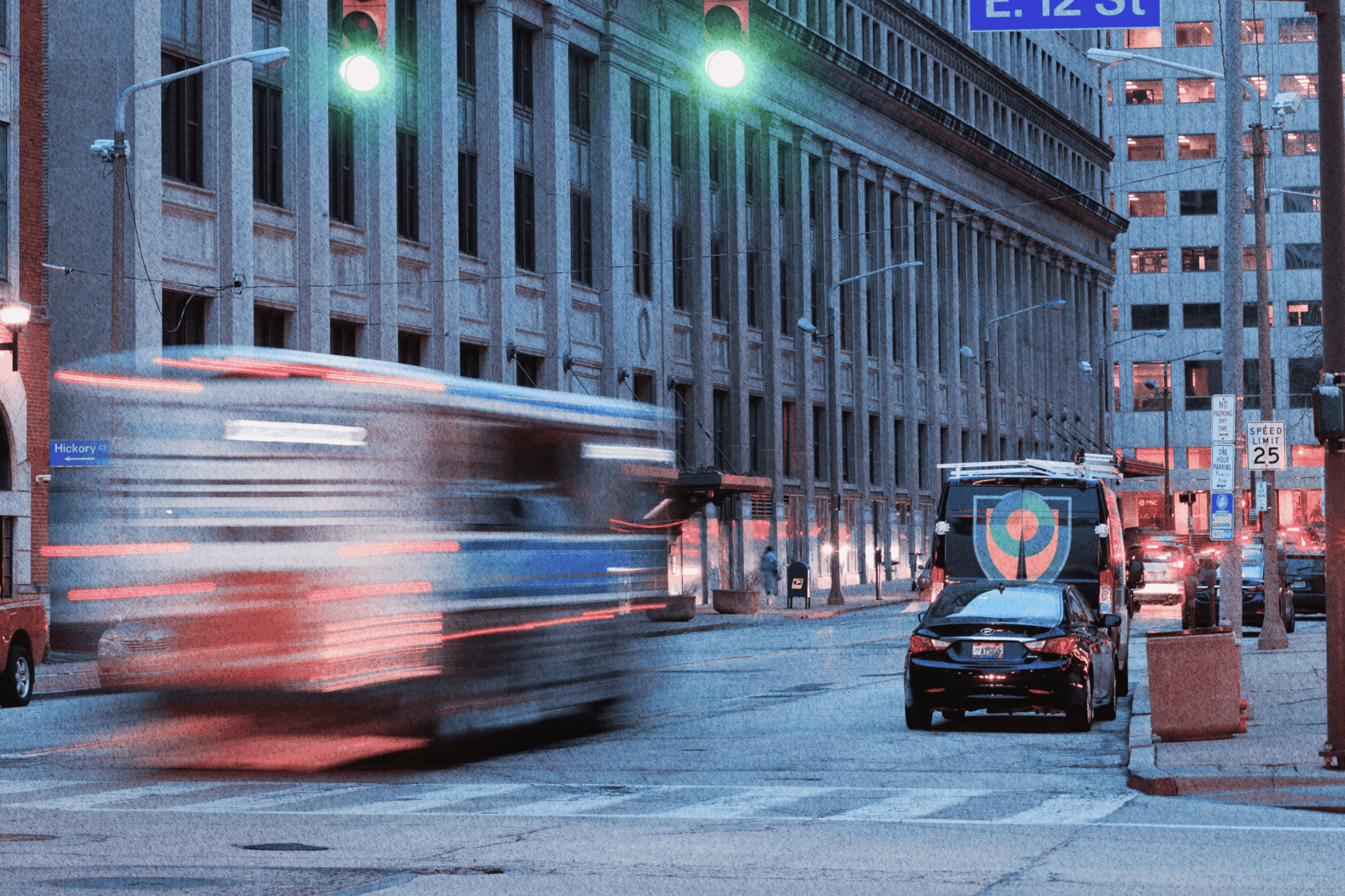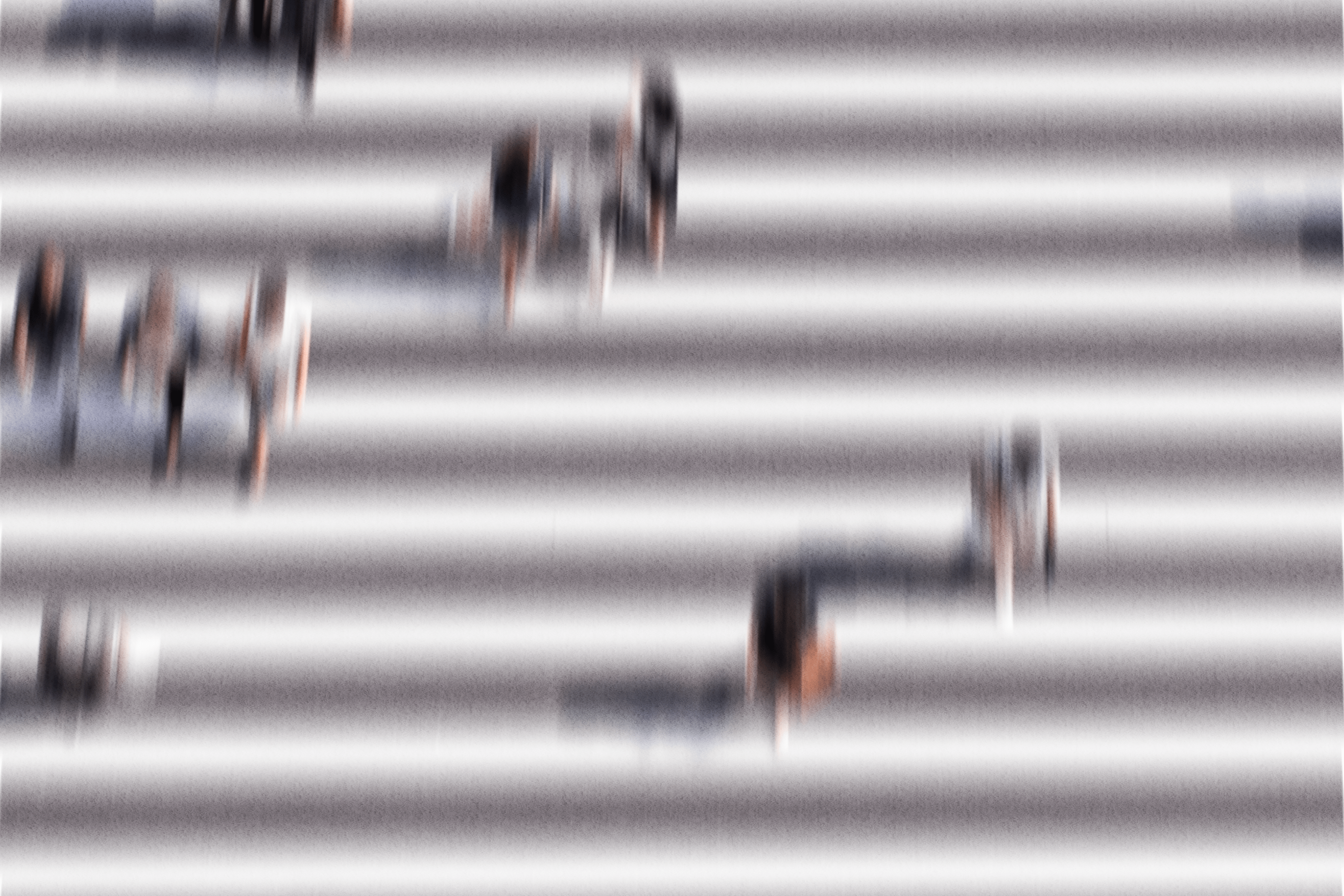Continue Reading
Biggest Finance Newsletter for Women
Join 200,000 other people interested in money, power, culture, and class.
Subscribe
I rarely have occasion to visit sports stadiums anymore. Before this weekend, the last time I entered an enormous arena was not to be taken hostage by three hours of sports, but as a three-hour ritual devoted to my Emotional Support Billionaire, Taylor Swift.
Still, every time I disappear into a herd of people shuffling up the concrete switchbacks to the 300 section, I am 19 again in Bryant-Denny Stadium. The salty, oily smell of concessions and the echoing roar of a crowd are reliable transportation mechanisms, igniting flares of adrenaline in my stomach that feel a little like nausea and a lot like recognition that you’re living through a period that will be both brief and rare.
On Sunday, we went to Coors Field to see the Rockies play the Cubs. Before we left for the ballpark, I was scrambling to outrun a creeping deadline. Most of Monday afternoon would be absorbed by a rally at the Capitol, where I’d meet other people who wanted to spend their Labor Day carrying signs through downtown. As a result, each hour between the game and Tuesday morning represented precious calendar real estate. I had already calculated what time I could be back home to clock a few more solid hours before bed, assuming ample Lime bike availability and no extra innings.
When we walked into the stadium—up the ramps, through the concessions, into our section of sun-baked seats—I felt the familiar stirring in my gut, like a phantom limb erroneously insisting I’d had too many whiskey Cokes at the tailgate, my wedges were impractical for standing on the bleachers of the student section, and some flavor-of-the-week fraternity crush was probably nearby, wildly thrashing a red-and-white shaker to Dixieland Delight. For one flickering moment, I forgot that I would not be returning to my off-campus house to debrief with roommates and plot our night out. Instead, much to my 19-year-old self’s horror, I would re-embody a sober, 30-year-old woman wearing sensible shoes, scheming only a caffeinated return to the holy Google Doc.
Still, I privately indulged the fantasy for a little longer, luxuriating in the reverie of caring so little about anything other than enjoying myself, a vestigial memory of a time before headlines like CONSTITUTIONAL CRISIS became commonplace enough to stop warranting alarm, when it still felt like history was trundling along on a predetermined track. It already wasn’t, of course; I just didn’t know any better back then, or, if I’m honest, particularly care.
After the game(Rockies won in a walkoff), the rest of my party processed to a bar down the block to celebrate. I located the nearest rattletrap of a rentable e-bike and rode home. As I navigated the bike lanes, periodically cross-referencing my memory of the route with Google Maps, an unanticipated heaviness descended. I knew it was the right decision to spend the evening reading and resting (hours of bar hopping are less enjoyable when you don’t drink anyway), but the ghostly 19-year-old body double of SEC Saturdays past was sorority-squatting in the bike basket, double-fisting Bud Lights, staring me down. She wanted to go out.
I rarely regret the way I’ve structured my adult life—the commitments, priorities, and accordant tradeoffs—but every once in a while, a situation blows the dust off a parallel path. The glimpse of the carefree, no-stakes pleasure of a life primarily oriented around having fun and evading as much responsibility as possible felt like an exit ramp to an alternate universe.
Three years ago today, I had my last drink. It’s probably unfair to say “drink,” singular, since I’m not actually sure how many—enough to wake up the next morning marinating in clammy shame. I didn’t mean to swear off alcohol indefinitely; that part happened by accident when it was no longer possible to deny how good I felt without it. As my twenties—and, more to the point, the 2020s—wore on, nights out would leave a psychic and physical residue that began resembling a permanent stain more than a light funk to be expunged by a long walk around the quad and a stop at Raising Cane’s. When I encounter people able to cup the oil and water of hedonism and ambition in their hands simultaneously, I’m overcome with envious longing, only capable of holding onto one at a time.
People cope with uncertainty in different ways, and my preferred method of fending off anxiety was to remain as clear-eyed an observer of reality as possible. Part of this was purely selfish—the head-stuffed-with-cotton sensation I felt after drinking even a little was simply incompatible with my work schedule. But the other part felt driven by something animal, an irrational survival instinct to stay vigilant, consistent with my inability to fall asleep on planes (because I am, of course, keeping it in the air with my mind, etc.). Sometimes I wonder what would make me want to break my streak, though each passing day makes it seem less and less likely a time will come when I feel enough peace about the state of the world to purposely seek out disorientation.
When I woke up Monday morning for a weight-lifting class, the regret had already transmuted into something approximating relief, which solidified later when I noticed I had the energy and interest to go collect signatures for SBWU at the rally. (Standing in direct sunlight for hours to foist a clipboard on strangers is not a task I would’ve voluntarily sought out at all in my early twenties, least of all on a holiday.)
At the rally, I bought the Denver Voice from a man named David who told me the newspaper’s vendor program was designed to offer low-barrier work to people who needed it. “I didn’t know the Voice was still publishing,” another man called from across the lawn when he spotted me tucking it under my arm. As I walked toward him, I noticed he was pushing a walker with a speckled dog perched on its narrow bench. “I used to sell papers for them when I was homeless,” he said. He told me his name was Brian, and that he lived on the streets of Denver for 33 years after losing his wife and son. “After that, I just gave up,” he said, waving away the memory with his hand. “The Voice reports on homelessness issues,” he explained, “like how people treat us and stuff.”
Moving through the booths on Denver’s Capitol lawn was a reminder that disorganization and discord are unavoidable features of any truly democratic system, even within groups that mostly agree with one another. I overheard two women, holding nearly identical protest signs, arguing loudly and explicitly about whether Bill Clinton was a sex pest. There were at least four different tables for anti-establishment political organizations promoting essentially the same goals, and I felt itchy with the Deloitte-pilled urge to consolidate these kindred factions into one streamlined LLC for revolution.
Caring about the future is messy and awkward and frustrating. The most surprising thing I’ve noticed about protests, rallies, and the unglamorous work of organizing people is that a sense of futility is often just as constant a presence as the sense of community. The temptation to disengage entirely can be powerful. Still, on my Lime bike ride home Monday afternoon, I felt something that was altogether absent from my early twenties: purpose.
September 1, 2025
Paragraph
Looking for something?
Search all how-to, essays, and podcast episodes.
Explore
While I love diving into investing- and tax law-related data, I am not a financial professional. This is not financial advice, investing advice, or tax advice. The information on this website is for informational and recreational purposes only. Investment products discussed (ETFs, index funds, etc.) are for illustrative purposes only. It is not a recommendation to buy, sell, or otherwise transact in any of the products mentioned. Do your own due diligence. Past performance does not guarantee future returns.
Money with Katie, LLC.
Terms & Conditions | Privacy Policy
This Site Was Built by Brand Good Time



